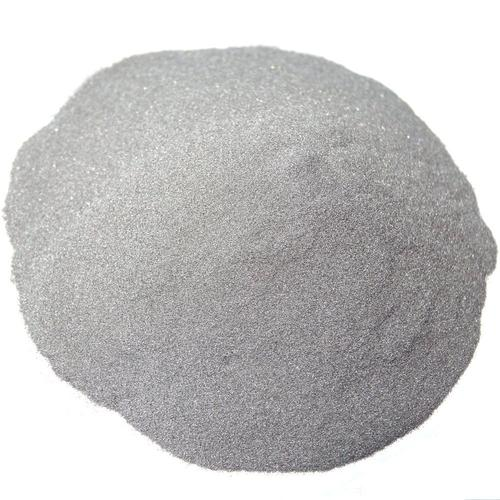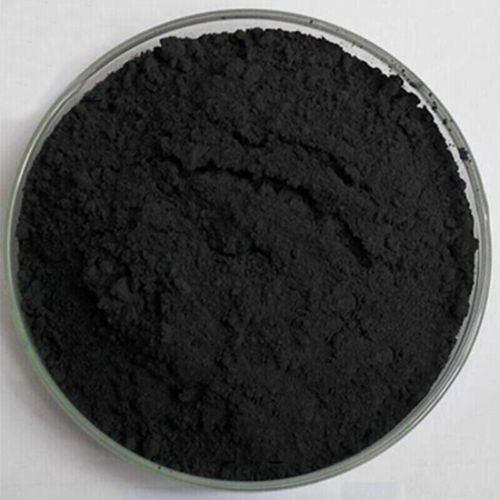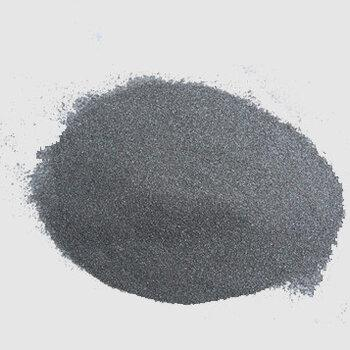1. Introduction
Titanium powder isn’t just a niche industrial curiosity—it’s a critical enabler of modern manufacturing, especially in high-performance sectors like aerospace, medical implants, and additive manufacturing. But not all titanium powder is created equal. From spherical gas-atomized grades for 3D printing to irregular HDH (Hydride-Dehydride) powders for pressing and sintering, the type you choose dramatically impacts performance, cost, and application success.

In this deep dive, we’ll compare key titanium powder variants, unpack their unique properties, and clarify how prices—from titanium powder price per kg to titanium powder for 3d printing price—vary based on form, purity, and processing method. We’ll also touch on related refractory metal powders like molybdenum and tungsten to give you broader context when sourcing advanced materials.
2. Major Types of Titanium Powder
Pure titanium powder and titanium alloy powder serve very different purposes. Pure titanium powder is often used where corrosion resistance and biocompatibility are paramount, such as in chemical processing or dental implants. In contrast, titanium alloy powder—especially Ti6Al4V (also called Ti64)—dominates aerospace and high-stress biomedical applications thanks to its superior strength-to-density ratio.
Two dominant production methods shape these powders: gas atomization and the HDH process. Gas atomized titanium powder yields spherical particles ideal for smooth powder flow in laser-based 3D printing systems. HDH titanium powder, meanwhile, produces angular, irregular particles better suited for traditional powder metallurgy but less optimal for additive manufacturing.
- Spherical titanium powder = best for titanium powder additive manufacturing
- HDH titanium powder = lower cost, used in compaction and sintering
- Ti6Al4V powder = the workhorse alloy for titanium 3d printing powder applications
3. Specialty Titanium-Based Powders
Beyond metallic forms, several titanium-derived powders play specialized roles. Titanium nitride powder and titanium carbide powder are ultra-hard ceramics used in cutting tools and wear-resistant coatings. Titanium diboride powder (TiB2) and titanium boride powder offer exceptional hardness and electrical conductivity, making them useful in cathodes and armor composites.
Then there’s TiO2 powder—titanium dioxide—which is chemically distinct from titanium metal powder. While tio2 nano powder is common in sunscreens, paints, and food additives, it has no structural use like titanium metal powder. Don’t confuse burnt titanium powder coat (a surface finish) with actual titanium powder—it’s purely cosmetic.

Other niche variants include tih2 powder (titanium hydride), used as a foaming agent or precursor in powder production, and titanium flash powder, which is pyrophoric and used in pyrotechnics—not industrial manufacturing.
4. Titanium Powder for 3D Printing: What You Need to Know
When you buy titanium powder for 3D printing, you’re usually buying spherical, gas-atomized Ti6Al4V powder. This ensures consistent layer deposition and dense, defect-free parts. The titanium powder for 3d printing price can range widely—often $300–$800 per kg—depending on particle size distribution, oxygen content, and supplier certification.
Key specs to watch: particle size (typically 15–45 µm), sphericity (>90%), and low interstitial elements (oxygen, nitrogen). Reputable titanium powder suppliers provide full traceability and testing reports, especially for aerospace or medical-grade ti64 powder.
Note: Recycled or satellite-contaminated powder may lower costs but compromise print quality. Always verify if the titanium 3d printing powder meets ASTM or ISO standards for your application.
5. Price Drivers and Market Considerations
The titanium powder price per kg hinges on multiple factors: purity (pure titanium powder vs. alloy), morphology (spherical vs. irregular), and production scale. Ti6al4v powder price is generally higher than pure titanium metal powder price due to added alloying elements and tighter process controls.

Global supply chains also matter. International titanium powder from certified mills tends to be more reliable but pricier. If you’re looking to buy titanium powder for sale, compare quotes not just on titanium powder cost but also on packaging, shipping, and minimum order quantities.
For context, titanium nanopowder or titanium coated diamond powder commands premium pricing due to specialized synthesis methods and limited applications.
6. How Titanium Compares to Molybdenum and Tungsten Powders
While titanium excels in lightweight strength, molybdenum powder and tungsten powder dominate ultra-high-temperature environments. Molybdenum metal powder (including tzm powder and molybdenum disilicide powder) is used in furnace components and aerospace alloys. Molybdenum disulfide powder (MoS2 powder) serves as a dry lubricant—very different from structural titanium powder uses.
Tungsten powder, especially spherical tungsten powder or fused tungsten carbide powder, offers extreme density and wear resistance. Tungsten carbide powder price per kg often exceeds titanium powder cost due to raw material scarcity and energy-intensive processing.
Suppliers like Global Tungsten & Powders Corporation or Tungco handle high-demand refractory powders, but they serve different markets than typical titanium powder suppliers. Never substitute one for the other without rigorous engineering validation.
7. Conclusion
Choosing the right titanium powder—or deciding whether you actually need molybdenum or tungsten instead—depends entirely on your application’s mechanical, thermal, and economic requirements. Whether you’re sourcing ti powder for medical implants, evaluating ti6al4v powder price for aerospace AM, or exploring titanium diboride price for composite research, understanding these nuances saves time, money, and failed prototypes.
Always partner with a trusted titanium powder supplier who provides full material data and supports your specific use case—because in advanced manufacturing, the powder really does make the part.
Our Website founded on October 17, 2012, is a high-tech enterprise committed to the research and development, production, processing, sales and technical services of ceramic relative materials such as Compare. Our products includes but not limited to Boron Carbide Ceramic Products, Boron Nitride Ceramic Products, Silicon Carbide Ceramic Products, Silicon Nitride Ceramic Products, Zirconium Dioxide Ceramic Products, etc. If you are interested, please feel free to contact us.
